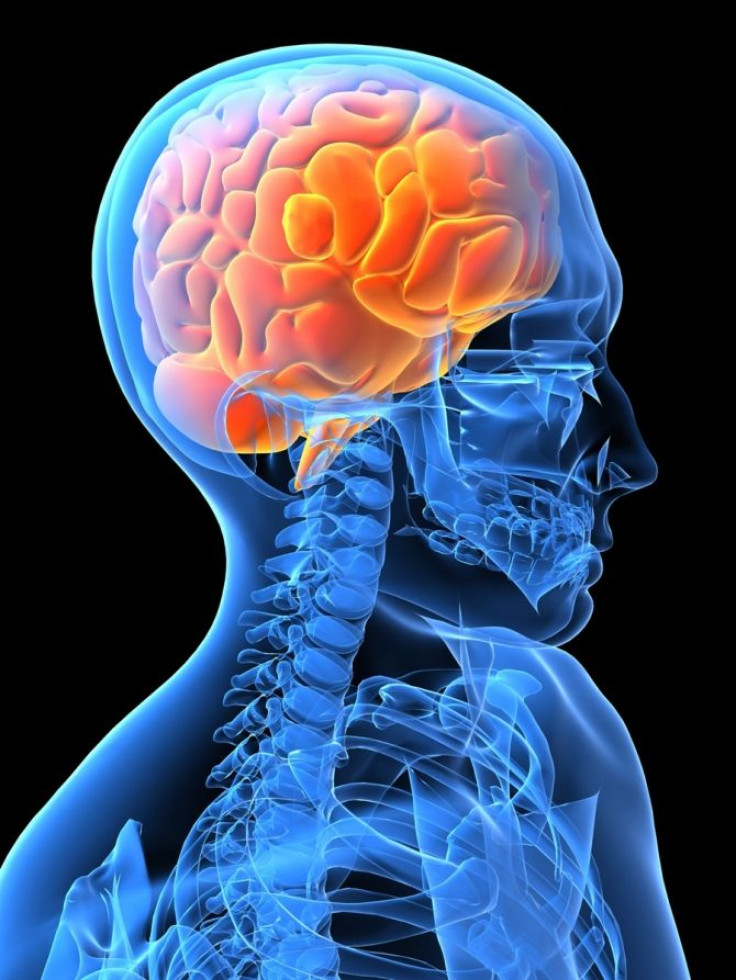Reorganizing the Brain Could Lead to New Treatments for People Suffering From a Stroke

Researchers at the University of Texas at Dallas recently uncovered when combining vagus nerve stimulation with movements and sounds, the brain may be reorganized leading to new treatments for those who have suffered a stroke or are living with tinnitus or autism.
Conducted by lead study authors, Dr. Robert Rennaker and Dr. Michael Kilgard, researchers paired vagus nerve stimulation, a procedure that’s sends electrical impulses into one’s brain, with movements in the forelimb into two groups of rats. Following the five days of stimulation and movement pairing, researchers observed brain activity.
Among the rats who received training accompanied by stimulation demonstrated large changes in the organization of the brain's movement and control systems, whereas the rats who only received motor training did not display any brain changes.
Individuals who have suffered from a stroke or brain trauma, more times than not, undergo rehabilitation that includes frequent movement of the affected limb, as a means to regain motor skills. Researcher believes repetitive movement of the affected limb encouraged brain reorganization, which is significant for recovery. When pairing vagus stimulation with repeated movement, the study revealed it can increase recovery and provide extensive reorganization of the brain, presenting the opportunity for a speedy recovery after a stroke.
Vagus nerve stimulation, which has been proven to be effective in patients suffering from epilepsy, offers doctors a new option as a potential, improved treatment for brain conditions that deal with timing of the brain and abnormal responses, including disorders such as dyslexia and schizophrenia.
"Our goal is to use the brain's natural neuromodulatory systems to enhance the effectiveness of standard therapies," Dr. Rennaker said.
"Understanding how brain networks self-organize themselves is vitally important to developing new ways to rehabilitate patients diagnosed with autism, dyslexia, stroke, schizophrenia and Alzheimer's disease," Dr. Kilgard said.
Prior to this study, patients were only limited to pharmacological, surgical or behavior interventions, however, it may be possible to efficiently influence the reorganization of the brain, which would allow patients to benefit from brain activity intentionally directed to rebuilding lost skills.
The study was published in Cerebral Cortex.



























